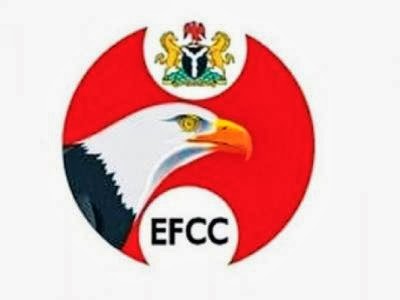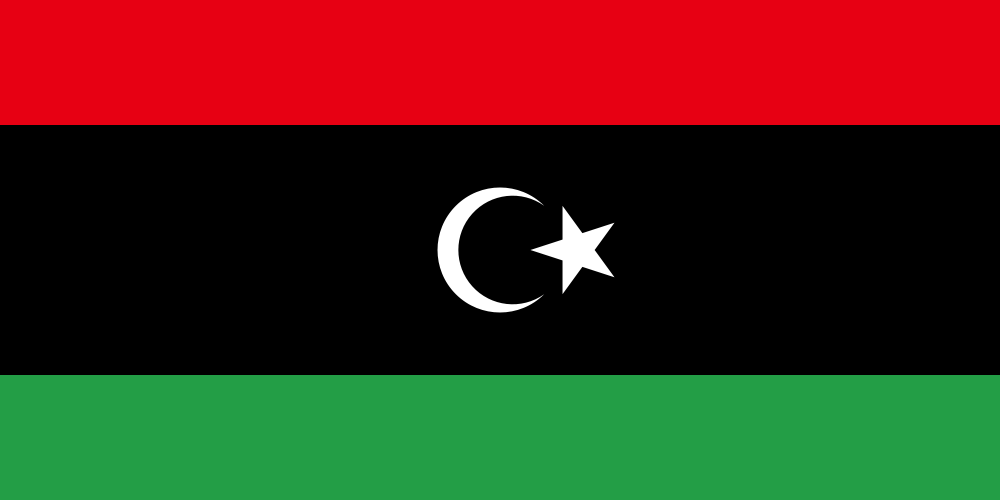Oando Plc has denied having any discussion with three investors on
selling the Oando Energy Services (OES), its oilfield services division.
There were reports that the company planned to conclude the sale in
the next two months to raise $330million for the acquisition of the
ConocoPhillips’ Nigerian assets.
But the spokesman of Oando, Dr. Alex Irune, said in a statement
Wednesday that the company had no plans to sell its oilfield business.
Irune further stated that Oando Energy Resources (OER) had
successfully acquired all funds required to complete the acquisition of
ConocoPhillips’ assets, and was awaiting the consent of the Minister of
Petroleum Resources.
“OES has not been put up for sale and remains a wholly-owned Oando
PLC subsidiary. With a growing demand as a result of the divestment of
substantial resource bases to indigenous companies, OES remains a viable
business with great future potential,” he said.
He stressed that it was imperative that information released about a
publicly quoted company such as Oando Plc or its affiliate OER, is
thoroughly verified before it is put in the public domain.
“The company’s securities are traded daily across three exchanges
(NSE, JSE and TSX) and to prevent misinformation and confusion among
shareholders, investors, employees, and the oil and gas sector at large,
we implore all members of the press, as the fourth estate, to take
adequate steps to ensure the veracity of reports by fielding all
enquiries with Oando Plc’s Corporate Communications department,” he
added.
Irune said OES and OER were integral facets of Oando Group’s near to
long term upstream strategy and operations, “as we remain firmly
committed to optimizing our value across the energy value chain.”
He described the reports that Oando was negotiating with investors
for the acquisition of the oilfield company as false, saying the
oilfield company is integral to the future of Oando Group.
Oando invested over $450million in the acquisition of five oil
drilling rigs, emerging as Nigeria’s largest indigenous swamp rig
services provider.
The three rigs, in addition to OES’ drilling fluids unit, were alleged to have been slated for sale, according to reports.
Oando, an integrated Nigerian energy company with assets in upstream,
midstream and downs has raised both equity and debt finance for
ConocoPhillips’ Nigerian assets.
The company said it had met its financial obligations for the
acquisition of ConocoPhillips’ Nigerian (COP) assets and was only
awaiting the final regulatory approvals to seal the deal.
Oando, through its subsidiary Oando Energy Resources (OER), had in
2012, entered into an agreement with COP to acquire ConocoPhillips’
Nigerian businesses for a total cash consideration of $1.55 billion.









































